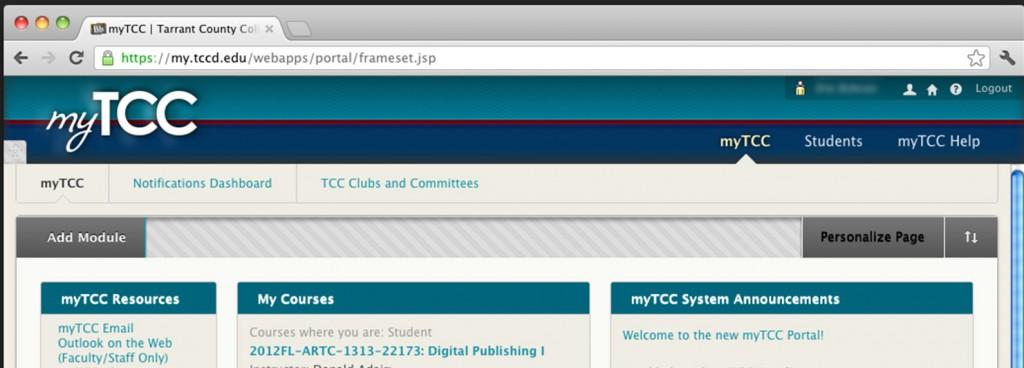By Luan Nguyen/reporter
Many former members of the military are eligible for federal and state educational benefits, and TCC has several programs in place to make sure qualified veterans get them.
Students must first either apply for benefits online at the U.S. Department of Veteran Affairs website or submit completed forms at a campus registrar’s office.
Certifying officials on each campus monitor students’ degree plans and academic progress, said Carlos Ugarte, VA specialist for NE and SE campuses. They also work to ensure that students pursuing degrees or certificates enroll for classes applicable to their degree plans in order to maintain eligibility.
TCC has hired two VA specialists — Ugarte and Jessica Hodges for NW and Trinity River Campus — to further assist veterans through the registration process.
Juan Torres, SE certifying official, said students sometimes are withdrawn from classes for non-payment of tuition if they register before TCC receives notification from the Veterans Administration.
The Post-9/11 GI Bill benefit level is based on the student’s qualifying active duty service, Torres said.
For eligible students, the monthly housing allowance paid under the Post-9/11 GI Bill is based on the Basic Allowance for Housing for the ZIP code where the school is located. This has been a problem, Torres said, because the VA uses the ZIP code of TCC’s administrative offices in downtown Fort Worth while students might receive more if the ZIP codes for the individual campuses were used.
Veterans can lose their eligibility for benefits if certain conditions, such as maintaining at least a C average and attending class are not met, Torres said.
“The most important thing veterans need to know is that they have to take courses that are on their degree plan for the VA to fund them,” said Jerry Racioppi, TR certifying official. “They don’t pay for classes that are not on the veteran’s degree plan.”
The majority of students who have problems with VA funding weren’t attending class, did not pass the class or took the wrong classes, Racioppi said.
“Start early,” said Aubra Gantt, NW Campus certifying official, “a month prior on the safe side.”
She said many students find their initial challenge in filling out the paperwork, but “it’s not that bad.”
Veterans face issues other than with their educational benefits. They struggle with the transition back home from the military, Gantt said.
“We try our best to make a smooth transition,” she said, “transition from military life to civilian life.”
Gantt said she would like more emphasis on providing additional services to help the students stay in school.
A former student who was a veteran had difficulty concentrating because of a flickering light bulb in one of the classrooms. He told Gantt it triggered a memory of an experience he had in Iraq.
“We need all the services we can to provide the needs of the students,” Gantt said.
NW Campus, with the help of Hodges and faculty member Laura Wood, has formed a mentoring program called Veterans Connect that will kick off Sept. 5, Gantt said. NW Campus is piloting this program in the hope that it will branch out to the other campuses.
TCC also hosted orientations this semester on each campus to help new veteran students understand the benefits and services available to them. In addition to TCC staff members, representatives from the Veterans Administration are often available to provide information and assistance.




























